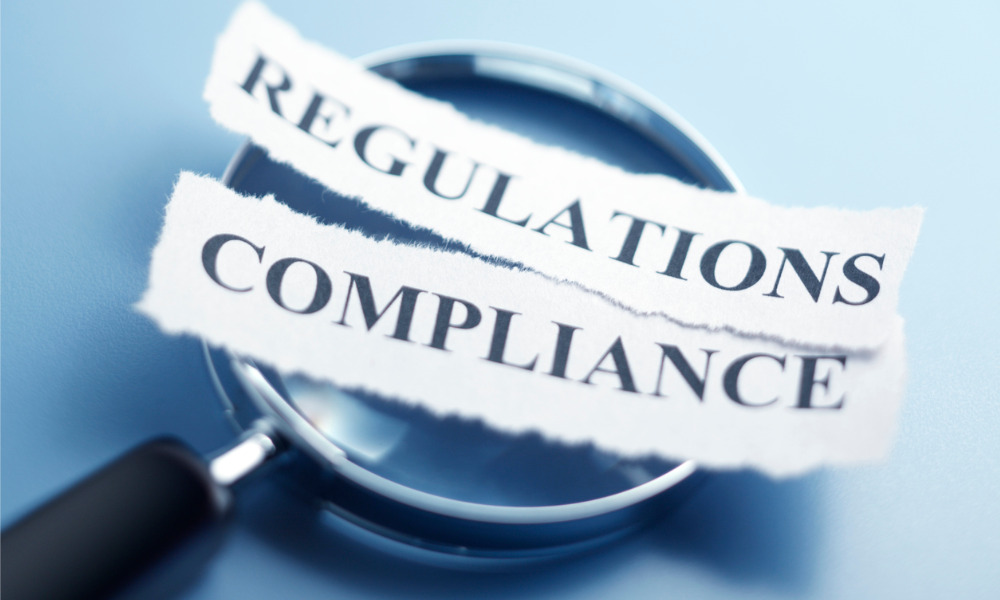
The New York attorney-general’s office deems the data privacy and security measures of an increasingly popular app to be inadequate

The office of the attorney-general in New York has called for an investigation into the data privacy and security measures of a videoconferencing app that has become popular with legal professionals in the wake of coronavirus.
With the restrictions placed in many countries to fight the pandemic, use of videoconferencing tools like Zoom has taken off with masses signing up in the professional sectors, including the legal industry. In the US, for example, the Texas Office of Court Administration has signed up more than 400 judges in the state to Zoom late last month, Texas Lawyer reported.
However, the new app’s security is in question, with various groups filing complaints about its data privacy and security. In a report by the New York Times, the office of New York Attorney-General Letitia James pointed out that Zoom has been sluggish in its initiatives to handle security gaps “that could enable malicious third parties to, among other things, gain surreptitious access to consumer webcams.”
In the last few weeks, Internet trolls have also been able to hijack and disrupt Zoom sessions via Zoom’s screen-sharing feature. This is a glaring issue given the need for privacy in a sensitive field like law.
In a letter sent to Zoom’s offices on Monday 30 March, the New York attorney-general’s office expressed concerns that the company’s existing security measures may not be adequate to handle “both the volume and sensitivity of data being passed through its network.”
The company responded in a statement to the Times that it strongly valued users’ privacy and security, and that it was “working around the clock to ensure that hospitals, universities, schools and other businesses across the world can stay connected and operational.”
“We appreciate the New York attorney-general’s engagement on these issues and are happy to provide her with the requested information,” said Zoom. The company had also updated its privacy policy on Sunday 29 March.